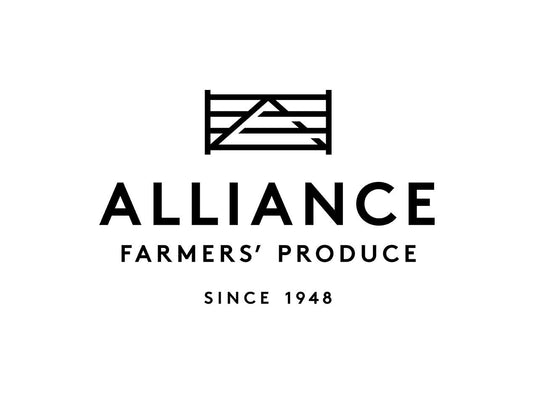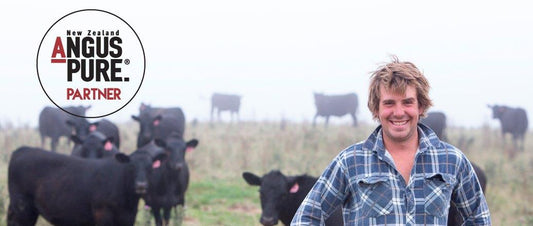BY FIONA GREIG, HEAD OF NUTRITION FOR BEEF + LAMB NEW ZEALAND INC
As a registered nutritionist working in the New Zealand red meat industry, I’m faced with a myriad of balls to juggle in the ‘meat and planetary health’ discussion. Nutrition is not a simple science; add environment and moral dilemma in to the mix, and you’ve got a complex challenge that keeps all involved researching to the nth degree. And it’s just the beginning.
How are you feeling about the noise regarding the demise of the environment? We all have a part to play, but does that mean a few meals of meat across the week should be removed? I believe not.
What I am comfortable with is reinforcing what the dietary guidelines have always said, and that means plant-based eating (spoiler alert it’s not the latest trend), i.e. about three-quarters of your food intake should be from foods derived from plants – I’m talking fruit, vege, wholegrains and pulses, which are perfectly complimented by nutrient-rich animal foods – meat, dairy, fish. And yes – it still comes back to moderation. As sexy as it is not, that word should be the mantra of all dietary patterns regardless of whether you eat animal products or not.
As a nutrition professional, I’m very proud about what our industry does here in little ‘ol New Zealand, beyond just providing a nutritious staple on the tables of Kiwis – for those that are still eating meat of course – and according to our insights, that’s still 89% of us. I’m talking about farmers, the backbone of our country, the guardians of our land who raise livestock to feed the world. Many will not realise what has to happen on a farm to produce a premium product, nor the advances that have been happening for a long time to address environmental concerns.
Sheep and beef pasture-based farming systems in New Zealand are among the lowest intensity systems in the world for greenhouse gas emissions. Our sheep and beef farmers have already reduced their carbon emissions by around 30% below 1990 carbon emissions levels, exceeding New Zealand’s current Paris 2030 target (11% below 1990 levels) on the back of productivity and efficiency gains. We are moving in the right direction.
It’s a beautiful thing when you can say the New Zealand sheep and beef sector is focussed on farming within the natural limits of the environment, relying on rainfall, sunshine and providing a habitat for native fauna – with 24% of New Zealand’s total native vegetation on sheep and beef farms – whilst potentially contributing to offsetting emissions from the animals.
And have you seen our butchers on the world stage? Call me bias, but they are rocking it, showcasing one of the oldest professions, yet being from one of the youngest countries – the New Zealand butchery trade is punching above its weight.
So, with the rise of alternative proteins and growing concerns about agriculture’s impact on the environment, what will our industry look like in 10, 20, 50 years’ time? Will a meat nutritionist be representing cell cultured meat, and/or working closer with plant-based nutritionists to deliver nutritious products that have very little impact on environment, if that’s possible?
There is room for faux meat, plant meat or alternative protein. Call it what you will – this makes sense to feed a growing global population who want more options to meet their needs and desires.
The nutritionist in me couldn’t help notice with the recent hype of the Impossible Burger on the Air New Zealand menu, how this new product stacks up nutritionally. It has 20 ingredients, so in trendy eating circles, this would not be considered to have a ‘clean label’. Ok, it’s a burger so you may not expect it to be an elixir, but comparing to a burger using New Zealand beef, you may be surprised to learn the Impossible Burger is higher in saturated fat, due to the added coconut oil and a lot higher in sodium. Without the intrinsic ‘meat factor’, your body would have to work harder to absorb the nutrients it contains, but if it’s ‘saving the planet’, would you be cool with that?
On the topic of processed foods, over in Australia, agricultural and food scientists, Commonwealth Scientific and Industrial Research Organisation (CSIRO) have looked at whether changing our diets will reduce environmental impact. In a nutshell, they highlight the food system is a major source of environmental impact, but assessing the environmental impact is complex due to the diversity of agricultural systems, the huge variances within production systems, and range of foods eaten around the world. Of the limited evidence available, it says that in some cases recommended diets that governments endorse, have a lower environmental impact. This means our over consumption of food energy associated with average diets including treat foods (i.e. eating more food than our bodies actually need) is likely to be the issue, not a single food.
So, we need to define what a sustainable diet actually looks like and this means taking a holistic approach to the solutions we implement. Simply looking at meat in isolation is not the answer.




